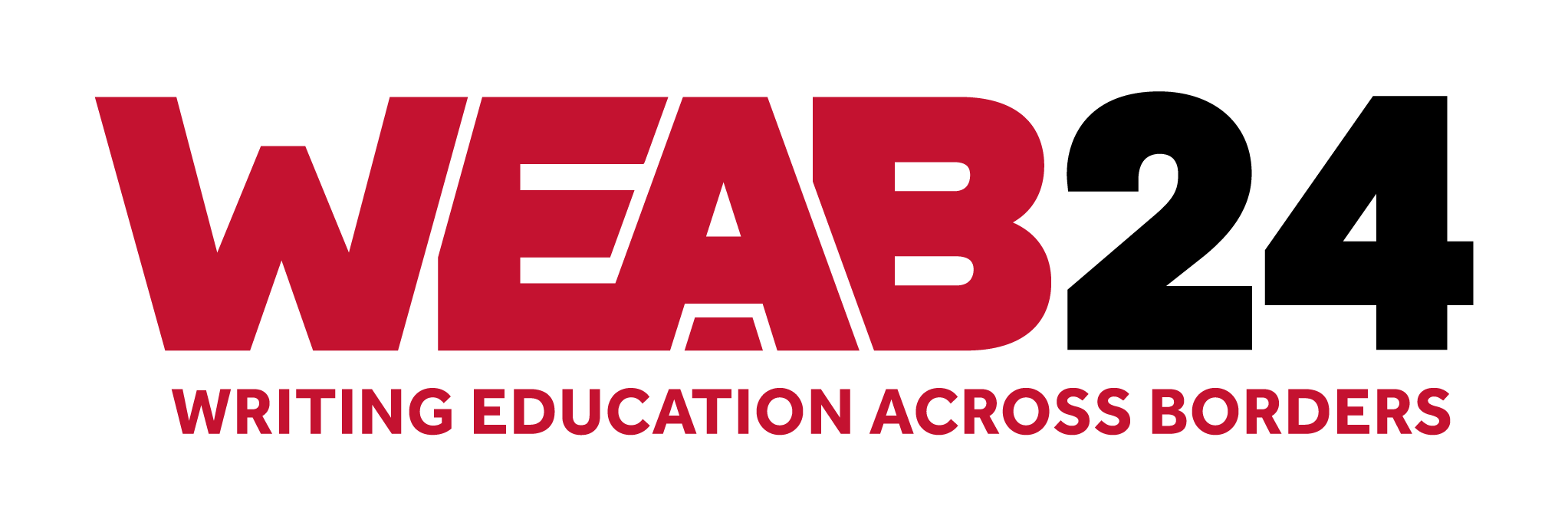
Call for Proposals
Writing Education Across Borders 2024
Locations for Writing
September 20-21, 2024
Salt Lake City UT USA
Writing has long been defined as an activity that is not solely cognitive but also social, embodied, and material, arising from space (as a physical geography) and place (as a locus of meaning, affect, and identity). Even if writing appears to be happening automatically and everywhere/nowhere (via generative Artificial Intelligence, for instance), it originates somewhere and circulates elsewhere. Writing education is also social, embodied, and material, occurring in classrooms, writing centers, community centers, religious spaces, streets, homes, and the interstices among those and many other spaces and places—anywhere writing as a specific literacy is valued. Of course, the emplacement of writing and writing education does not mean that either is static. Locations themselves are dynamic: they are palimpsests of overlapping, often contested, histories interacting with “natural” and “artificial” environments. And when writing and the teaching and learning of writing connect locations, the dynamism can increase manyfold.
Previous WEAB conferences—2011, 2016, and 2019—explicitly focused on locations and connections across national borders.
This year’s conference continues to welcome presentations on inter/transnational themes. We are simultaneously interested in presentations and conversations that reflect and provoke thinking about borders, location(s), space, place, and other similar topics more broadly.
We are particularly interested in proposals that attempt to respond to questions such as:
- What are the relationships between writing education and (critical) considerations of place and space?
- How do we teach and learn writing in virtual locations and/or in interstices between virtual and geographical locations?
- How do the teaching and practice of writing respond to today’s social, cultural, linguistic, and disciplinary circumstances?
- How can we create spaces for writing education that take seriously critical considerations such as linguistic pluralism and decolonial work?
- How do the teaching and learning of writing occur in underrepresented locations?
- What are the relationships between writing education and international education?
- What constitutes archives of writing instruction, and what are the implications of archival research for the field/for considerations of location?
Please submit Your proposal (title and 250-word abstract)
no later than April 30, 2024
We will notify you about acceptances by May 15, 2024.

 WEAB 2024 is cosponsored by the College of Humanities and the Department of Writing
& Rhetoric Studies at the University of Utah.
WEAB 2024 is cosponsored by the College of Humanities and the Department of Writing
& Rhetoric Studies at the University of Utah.